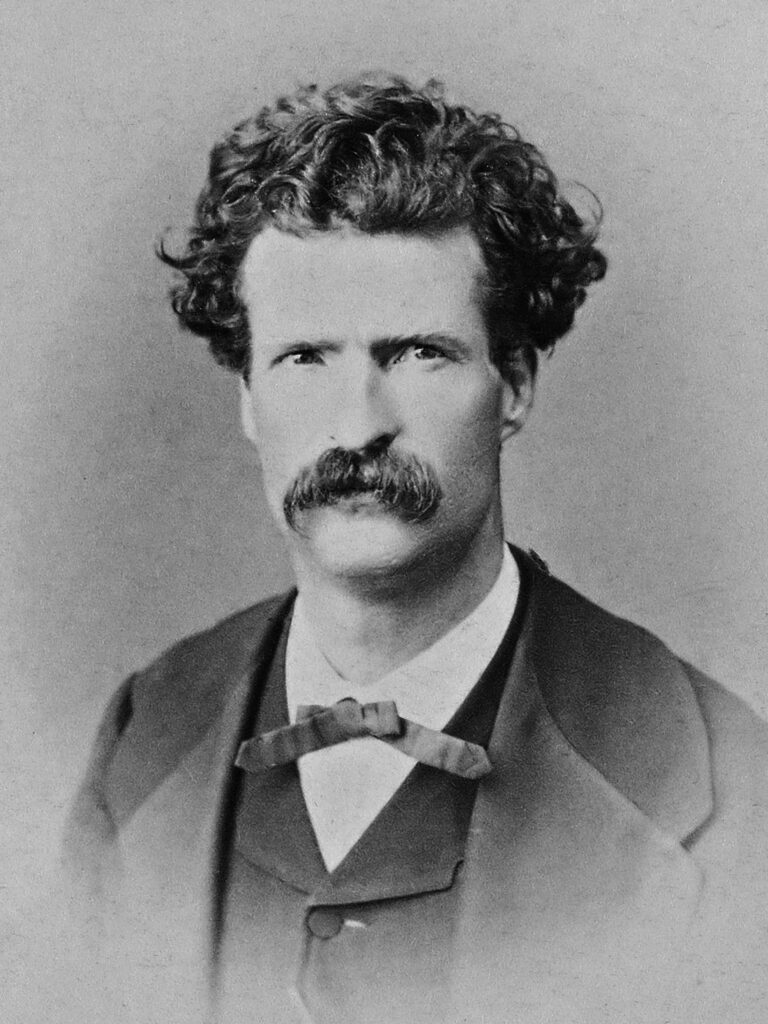Sacred cows make the best hamburger.
Mark Twain
The Up Cripple Creek Report is a working-class press for them that work, a paddle for gingerly parting the streams of doublespeak, infotainment, and lies that pollute the corporate news media, which increasingly appears designed to profit from flattering plutocrats and comforting the already comfortable, while convincing the middle class to keep shopping, support the latest war (wherever it is), and blame the working class poor for our sorry state of affairs. We aim to be a voice of support for activists, advocates, citizens, and patriots everywhere from the front lines of the war on the working class, the war that really matters, the war that rarely makes the news in Uncle Sam’s for-profit corporate press.
From our perspective, it was 100% predictable that the for-profit corporate press would utterly fail to adequately describe the perpetual war on workers that its ownership and shareholders fully support. Yet the corporate press remains blissfully baffled by the extraordinary state of affairs we find ourselves in – a failing democracy being misled by a bipartisan group of the most unpopular political elites and oligarchs in our history.

Up Cripple Creek begins with a dose of latter-day Twain’s healthy skepticism towards the prevailing conventional wisdom of the day, which states that: 1) Capitalism is the only option available to us and the best we can do anyway, and 2) that Uncle Sam’s crap (especially while overseas) smells like gardenias and roses, while of course that which flows from the behind of any of his official enemies is the vilest-smelling excrement which ever assaulted a nostril. We aim to remind folks that Uncle Sam definitely needs to tidy up and light a couple of matches on the way out the door if we’re to continue inhabiting this planet. The big ‘if’.
A sense of humor is key to the sanity and survival of the citizenry, not to mention the species, so we hope to help maintain that whenever possible, without relying too much on poop jokes. Elon Musk does provide some enjoyable fodder for those entertained by the purported genius of wealthy elites, however, so we’ll have some fun with the U.S. oligarchy and their persistent belief in their own magnificence.
If you don’t like the news, go out and make some of your own.
Scoop Nisker
In an effort to see through the propaganda, beyond the mythology of our glorious history-of-old-white-men, so carefully spoon-fed to us since birth, the Report will regularly peak behind the curtains and under the rug to see who’s attempting to rewrite history in their own favor today.
People with a built-in indifference to history are ill accustomed to retrospective digging, to lifting up rugs, to searching for subterranean forces and tendencies. Exploring the labyrinth of history is alien to the American soul, perhaps because an optimistic people find knowledge of the past too burdensome in the present.
Bruce Cumings, Hidden History of the Korean War by I.F. Stone, preface
Up Cripple Creek is a radical 21st century peace, war, and inequality report with a strong attachment to getting history right so we can actually learn from it; think of it as a full service abattoir of elite sacred cows, and oh boy howdy do we have a bunch of those.
You might also think of it as a celebration of the very best of what used to be referred to as the alternative press, past and present; the independent, non-corporate press, which still not only breaks many of the biggest and most consequential stories, but remains the best place to find out what’s really going on in the world, free of wealthy talking heads cheerleading our beautiful Tomahawk cruise missiles and the glory of Uncle Sam’s Benevolent Empire.
All for ourselves, and nothing for other people, seems, in every age of the world, to have been the vile maxim of the masters of mankind.
Adam Smith, The Wealth of Nations, Book III, Chapter IV, p. 448, 1776